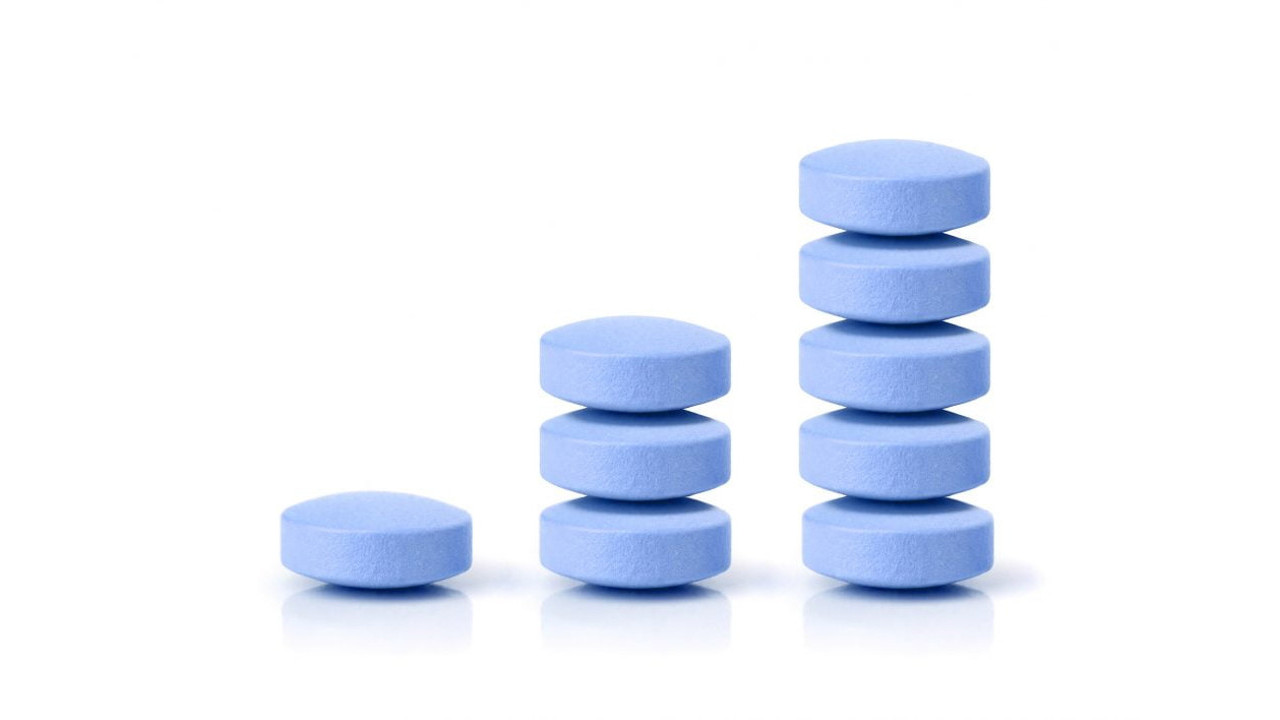Navigating the aftermath of prostate surgery intertwines with understanding the role of both medical interventions and wellness strategies, like prostate vitamin supplements, in the recovery process. Especially when it comes to sexual well-being, a pressing concern many men face is, “How Soon Can You Take Viagra After Prostate Surgery?” This article delves deep into this query, offering thorough insights on optimal timelines, Viagra’s role, and complementary treatments to reclaim sexual vitality.
Why is Viagra crucial post-prostate surgery?
Understanding the complexities of prostate surgery reveals the pivotal role of Viagra in the recuperative journey. The surgery can, unfortunately, hamper one’s ability to maintain an erection due to potential nerve damage. This is where Viagra, an effective PDE5 inhibitor, can be a beacon of hope.
Viagra’s Role in Recovery
Viagra serves as a catalyst in reviving sexual function by enhancing blood circulation to the penile region. Its efficacy in this sphere has been underscored by numerous clinical studies, highlighting its potential to rejuvenate intimate experiences.
What determines Viagra’s effectiveness post-surgery?
The success of Viagra is not universal; its impact varies depending on individual factors. One of the most crucial determinants is the extent of nerve preservation during surgery, as these nerves play a direct role in achieving erections.
Individual Factors and Viability
Beyond nerve preservation, age, overall health, psychological state, and the nature of one’s relationship can influence how Viagra benefits an individual post-surgery. It’s essential to have realistic expectations and an open dialogue with medical professionals.
Alternatives and Complementary Treatments to Viagra
While Viagra is a popular choice, it’s not the sole solution. Diverse treatments ranging from injections to devices are available, catering to different needs and preferences.
Holistic Approach to Recovery
Incorporating physical exercises, like Kegel, and exploring various treatments can provide a well-rounded recovery strategy. It’s about rediscovering intimacy in multiple dimensions, with or without Viagra.
The Emotional Spectrum of Post-Surgery Recovery
Prostate surgery doesn’t just impact physical functions; it also resonates emotionally. Accepting and adapting to changes, especially concerning sexual dynamics, is crucial for holistic healing.
Psychological Resilience and Support
Seeking support from loved ones, therapy, or support groups can be beneficial. Emotional wellbeing, combined with medical interventions like Viagra, paves the way for comprehensive healing.
Conclusion
Understanding “How Soon Can You Take Viagra After Prostate Surgery” is more than just deciphering a timeline. It’s about regaining control, exploring diverse treatments, and embracing the journey of rediscovery. Stay informed, stay proactive, and remember that every individual’s path to recovery is unique.
Frequently Asked Questions
- When is the right time to consider Viagra after surgery? It’s advised to wait until complete healing post-surgery. Once your doctor gives the green light, Viagra can be considered to enhance erectile function and overall intimacy.
- Does Viagra guarantee results after prostate surgery? While Viagra has shown promise in many cases, its effectiveness largely depends on individual factors, including the preservation of nerves during surgery. It’s best to discuss expectations with a urologist.
- Are there any side effects of Viagra post-surgery? Like all medications, Viagra can have side effects, including headaches, flushing, or dizziness. Always consult with a healthcare provider about potential risks and benefits.
- Can lifestyle changes improve Viagra’s efficacy? Absolutely. Combining Viagra with a healthy lifestyle, including diet, exercise, and stress management, can potentially enhance its benefits and overall sexual satisfaction.
- How do other treatments compare to Viagra post-surgery? Other treatments, like alprostadil injections or vacuum devices, offer different mechanisms of action. Some might find them more effective or suitable based on their unique circumstances. It’s essential to explore options and choose what aligns best with individual needs.


